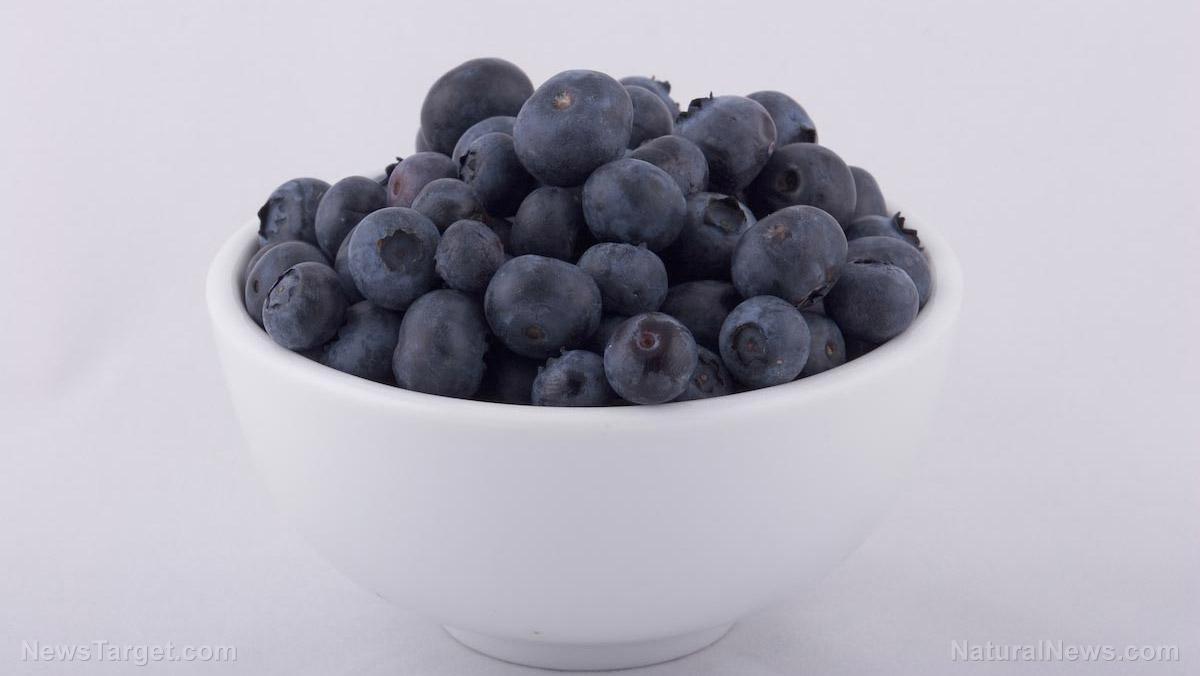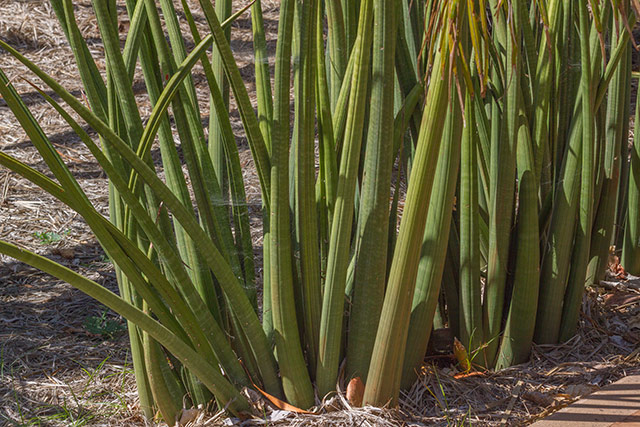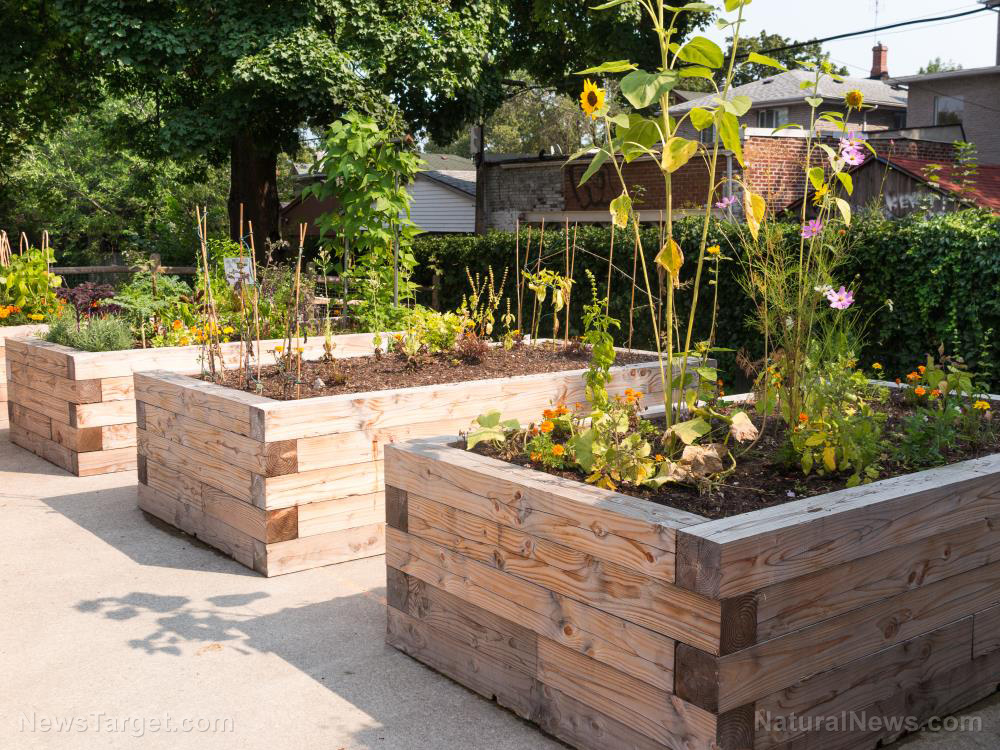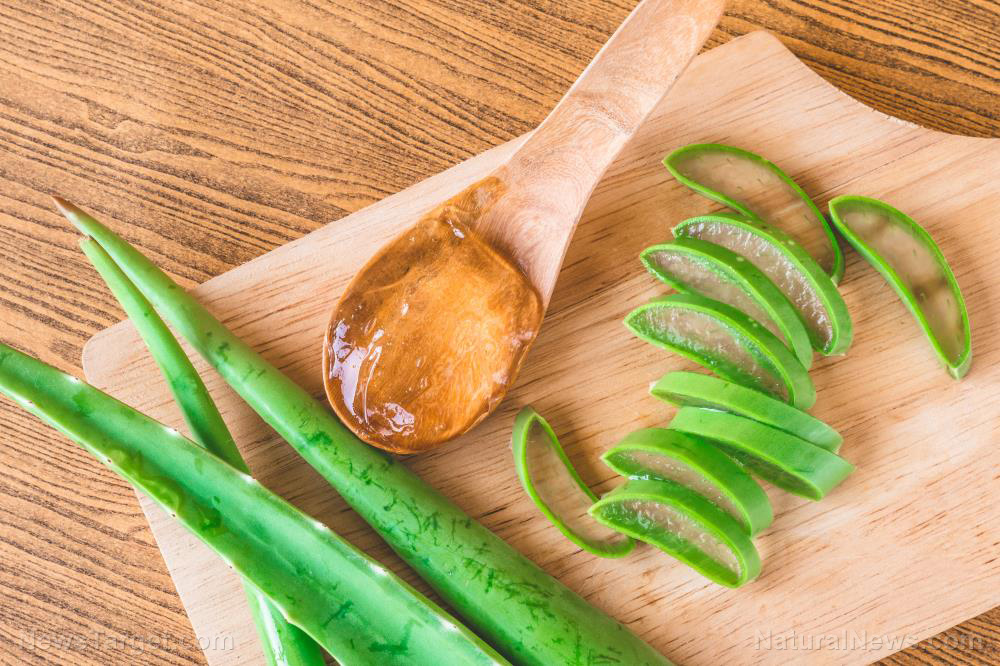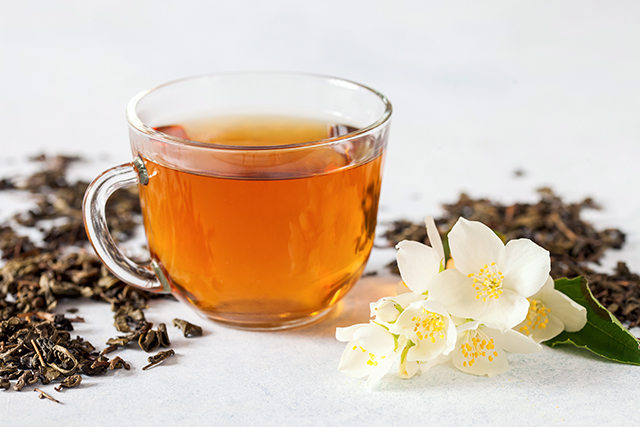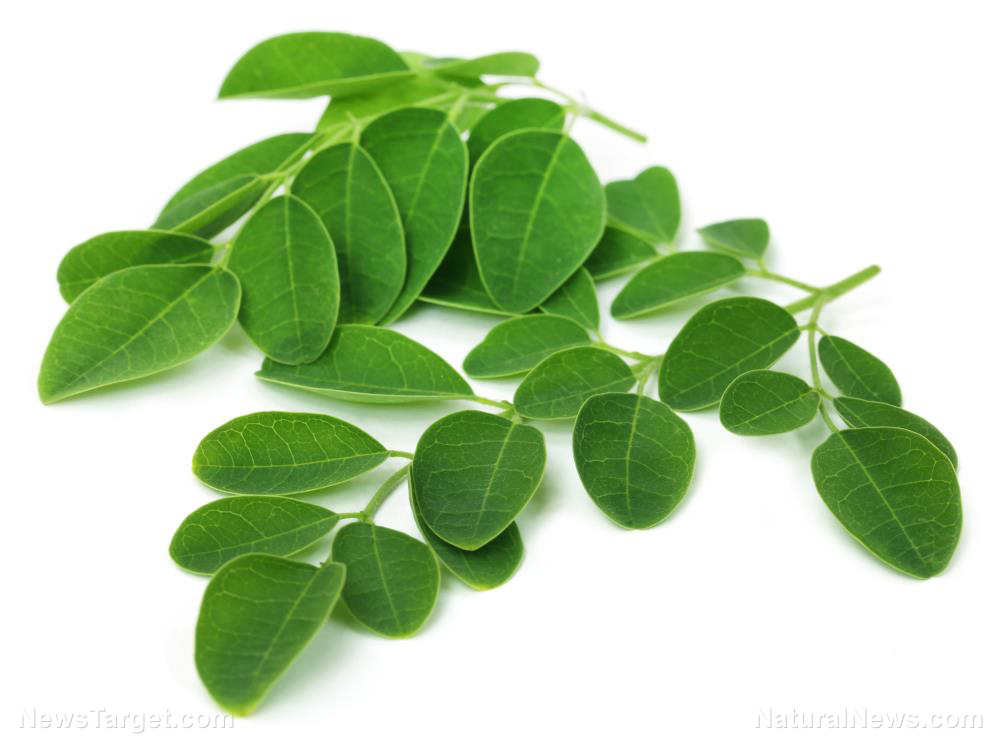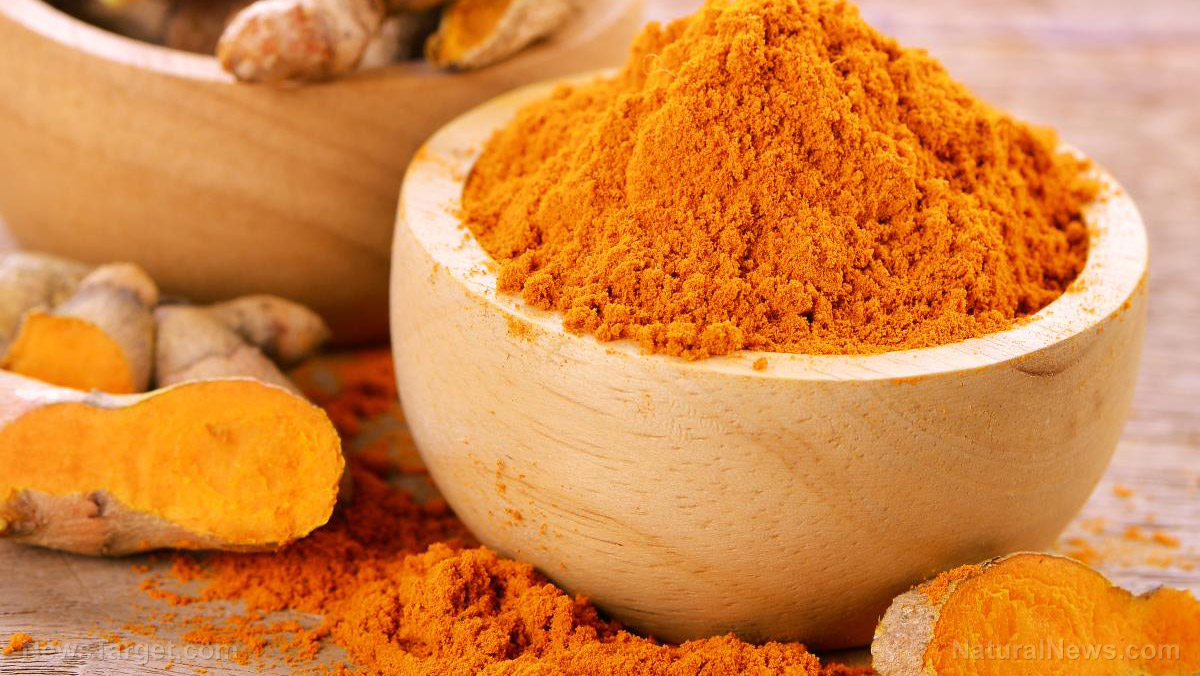Soils treated with organic fertilizer are healthier; produce stronger plants
11/13/2018 / By Janine Acero
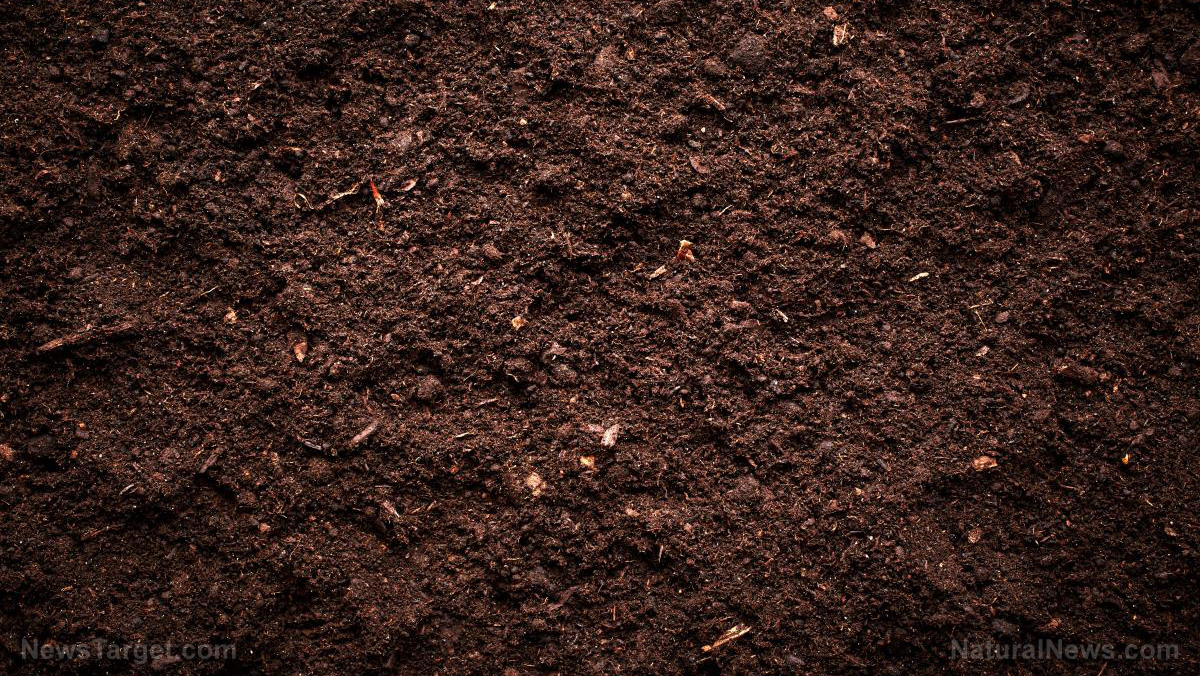
Come to any local gardening center and you may see rows and rows of plant- and animal-based fertilizers that boast of faster growth, beautiful blooms, or abundant produce from your plants. But which type of fertilizer can actually deliver these promises?
A study published in the journal Biological Agriculture & Horticulture assessed the effect of plant- and animal-based soil amendments in the overall quality of organic produce.
The researchers investigated the influence of plant- and animal-based fertilizers on organic matter content, soil respiration, crop yield, and phytochemical content of globe artichoke (Cynara cardunculus) heads. The researchers used one plant-based and three animal-based certified organic fertilizers as experimental treatments:
- alfalfa meal
- blood meal
- chicken manure
- fish meal
The research team assessed and compared the soil respiration and organic matter content of soil with plant-based amendments (alfalfa meal) and soil treated with animal-based fertilizers (blood meal, chicken manure, and fish meal).
After two years, researchers found soil respiration and organic matter content to be higher in soil with plant-based treatments than soil with animal-based amendments. In addition, artichoke heads grown in alfalfa-treated soil were also found to have higher concentrations of phytochemicals than those grown in soil with animal-based fertilizers. The downside is that the cost of the alfalfa meal was higher than that of the animal-based treatments. (Related: Organic fertilizers made with moringa promote the healthier growth of wheat.)
100% organic essential oil sets now available for your home and personal care, including Rosemary, Oregano, Eucalyptus, Tea Tree, Clary Sage and more, all 100% organic and laboratory tested for safety. A multitude of uses, from stress reduction to topical first aid. See the complete listing here, and help support this news site.
In terms of crop yield, those from soil treated with chicken manure was higher compared with alfalfa-treated soil. In the first year of the study, yields from both chicken manure and fish meal treatments were higher than the alfalfa treatment.
These findings suggest that plant-based soil amendments can be an ideal choice for improving soil quality and phytochemical content of crops, but for organic farmers whose main concerns are crop yield and overall cost, animal-based fertilizers may be the ideal option.
Vegan organic fertilizers
The best way to ensure that you have the best fertilizers for your plants is to make them yourself. The following list features some vegan organic fertilizers that you can easily make in your own backyard:
- Compost — A compost pile is a staple in any good garden, if you have the space. A good compost pile is full of nutrients, nitrogen and beneficial microorganisms that keep your garden healthy. Making your own compost pile also encourages a healthy population of worms which is another benefit for your plants.
- Hay mulches — Mulching is simply covering the ground with layers of organic material. Mulching will add nutrients to the soil as it decomposes, and will also suppress weeds and encourage worms in your garden. You can apply mulch while your garden is on a break for the winter, or you can do it while your plants are growing, as long as you don’t overwhelm your plants.
- Liquid fertilizers — You can make liquid fertilizers with comfrey or nettles and other composting plants. These fertilizers are an excellent source of nitrogen. Treat your garden with some wonderful liquid fertilizer with this quick guide and an advanced method of making your own compost tea out of nettle.
- Worm castings — Worm castings improve the soil and increase your garden’s fertility. Purchasing them from a store sure is the easier option, but it can be harmful to the worms being cultivated for the product. You can encourage a natural worm population by simply providing the right environment for them to thrive in. You can do this by providing a cool, damp and dark environment with plenty of nutrients for them to enjoy, such as a compost pile or hay mulch.
Learn more about the various factors that affect crop yields at Harvest.news.
Sources include:
Tagged Under: agriculture, compost, crop yields, green living, harvest, home gardening, organic fertilizers, phytochemicals, Plants, research, science, soil amendments, soil nutrients, soil quality

